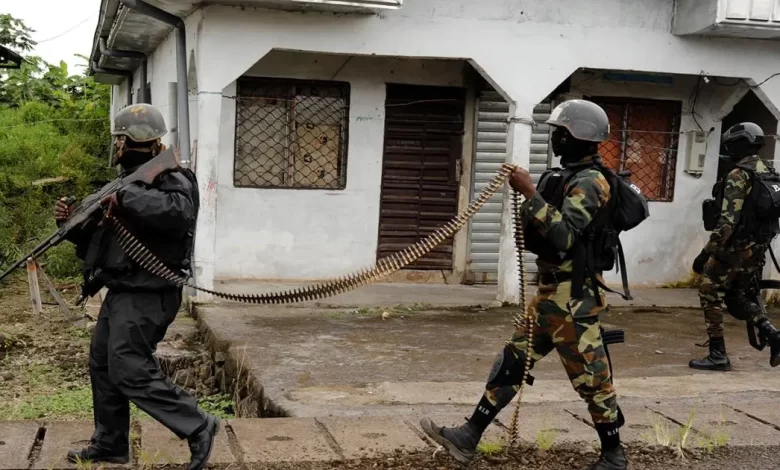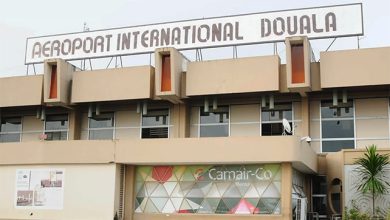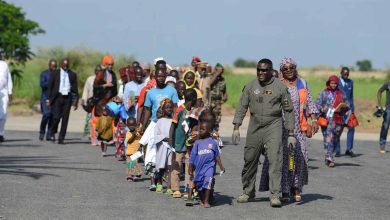The Current Situation of the Anglophone Crisis in Cameroon
The Anglophone Crisis is still an ongoing armed conflict between Cameroon and Ambazonian separatist rebel groups,

The Current Situation of the Anglophone Crisis in Cameroon
Introduction:
The Anglophone crisis in Cameroon has been an ongoing conflict that has inflicted immense suffering on the people of the country, particularly in the English-speaking regions. Stemming from longstanding grievances and a sense of marginalization, the crisis has escalated, resulting in a complex web of political, social, and economic challenges.
Origins and Key Actors:
The Anglophone crisis traces its roots back to the colonial era when Cameroon was partitioned between the British and French. After independence in 1960, the regions formerly under British rule were brought into a federal system with the French-speaking regions. However, grievances emerged among the Anglophone population, who felt marginalized and excluded from political power, economic opportunities, and cultural recognition. Over the years, these frustrations intensified, leading to protests, strikes, and demands for greater autonomy or even secession.
The key actors in the Anglophone crisis include the Cameroonian government, represented by President Paul Biya, and the separatist groups such as the Ambazonia Governing Council (AGC), Southern Cameroons Defense Forces (SCDF), and the Ambazonia Interim Government (IG). The government’s response to the crisis has been heavily criticized, with accusations of human rights abuses, arbitrary arrests, and excessive use of force. On the other hand, separatist groups have engaged in acts of violence, including attacks on security forces, kidnappings, and the closure of schools and businesses.
Humanitarian Impact:
The Anglophone crisis has significantly affected the civilian population, resulting in a dire humanitarian situation. Thousands of people have been displaced from their homes, seeking refuge in neighboring regions or countries. According to the United Nations, more than 700,000 people have been internally displaced, while nearly 60,000 have sought refuge in Nigeria. These displacements have strained resources, leading to overcrowded camps, limited access to basic services such as healthcare and education, and a heightened risk of disease outbreaks.
The education sector has been severely affected, with schools being attacked, teachers and students being targeted, and significant disruption in learning. The lack of access to education has long-term consequences for the affected population and threatens to exacerbate existing inequalities. Additionally, the violence and instability have had a detrimental impact on the local economy, hindering agricultural activities, trade, and investment, and pushing many people into poverty.
Potential Solutions:
Resolving the Anglophone crisis requires a multifaceted approach that addresses the underlying grievances, promotes dialogue, and ensures the protection of human rights. Some potential solutions include:
1. Dialogue and Negotiation: Encouraging meaningful dialogue between the government and separatist leaders is crucial to finding a peaceful resolution. This dialogue should address the issues of decentralization, power-sharing, and the protection of minority rights.
2. Human Rights Accountability: Holding accountable those responsible for human rights abuses is essential to building trust and fostering reconciliation. Both the government and separatist groups should be held accountable for their actions.
3. Humanitarian Assistance: Increased international support is needed to provide humanitarian aid to those affected by the crisis. This includes access to healthcare, education, clean water, and necessities.
4. Promoting Inclusive Governance: The Cameroonian government should undertake comprehensive reforms to address





